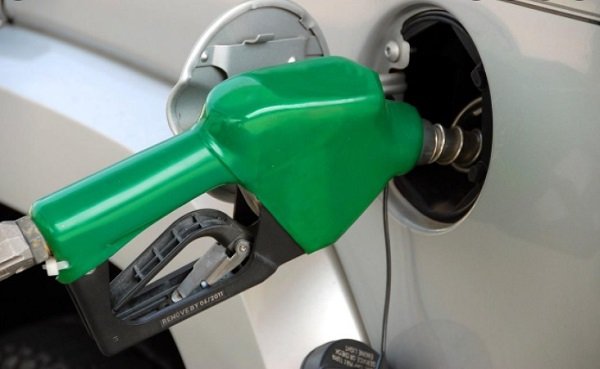This Content Is Only For Subscribers
To unlock this content, subscribe to INTERLIRA Reports.
The plenary of the STF ratified an agreement that aims to end the fight between states and the federal government over the collection of tax (ICMS) on fuel. However, the agreement can make gasoline more expensive and impact even more the inflation rate. The new increase can negatively impact the popularity of future Federal Government that will begin on 1 January.
Context
The problem began after the law sanctioned by President Jair Bolsonaro in June 2022, which considered fuels as essential items, and, therefore, could not have an ICMS rate higher than 18%. Eleven states appealed to the Supreme Court (STF) questioning the constitutionality of the law – before, each state defined its rate.
Why can gasoline get more expensive?
The governors’ agreement with the Federal Government now considers that gasoline is not an essential item, so the ICMS charged by the states can exceed the 18% limit. For market consultants, prices at service stations should increase as early as January.
Diesel, Natural Gas and Cooking Gas
Under the pact, diesel, natural gas and cooking gas had their essentiality maintained, but their rate was already below the ceiling in most states. The ICMS on diesel oil should be charged at once, on sales, and unified throughout the country. States have 30 days to set the charge.
Repercussions
If an increase really come to be right at the beginning of Lula’s government, the impacts on popularity can be quite relevant, especially if the strong increase seen in 2022 repeats it self. In this case, the already under pressure budget may not show many alternatives to contain an escalation in prices.




